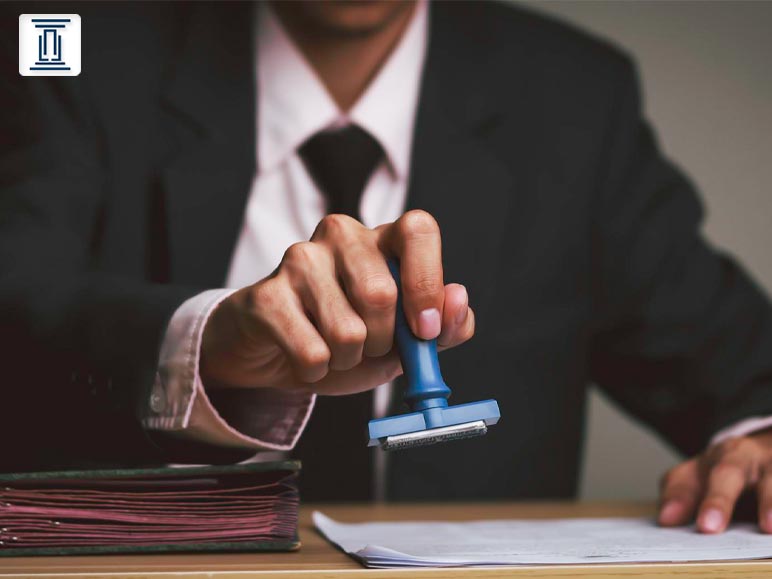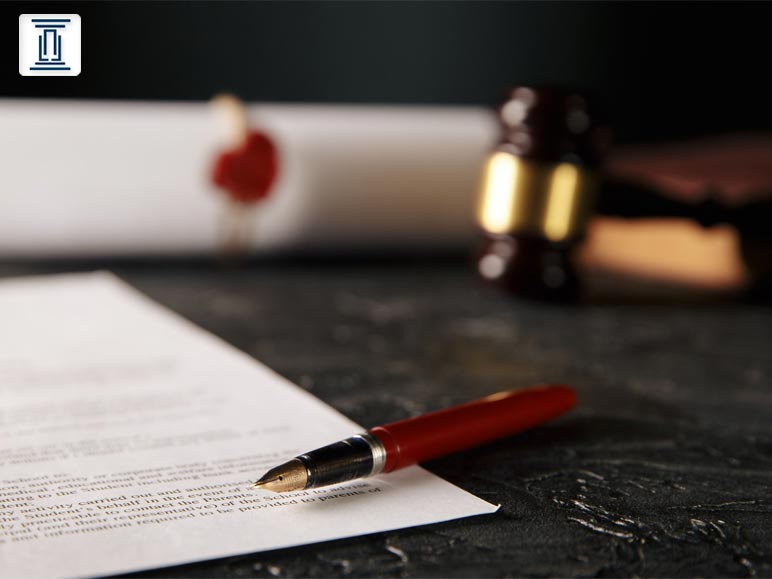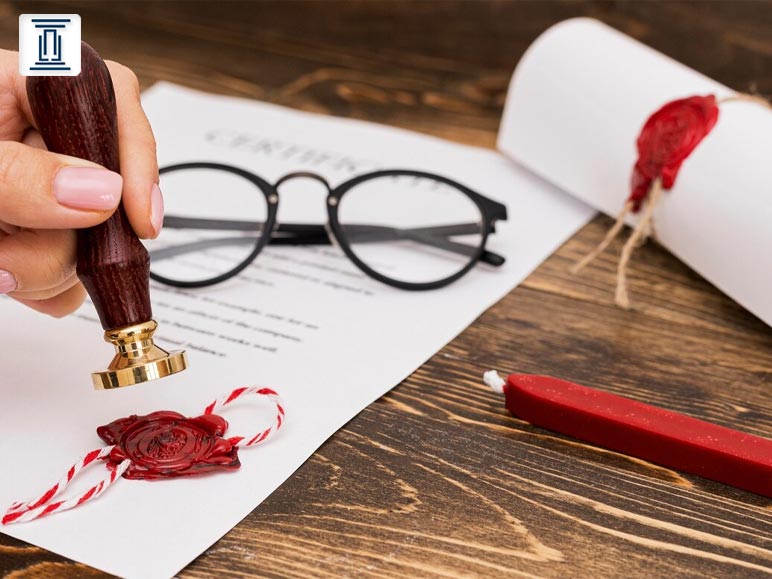Even though you have a will in your name, what would happen if your father suffered an accident or serious illness? In that case, you would not be able to access any family savings. When the owner is incapacitated, their close ones find themselves helpless while the owner is still alive. That’s why you need to create a power of attorney that gives you the authority to use his/her assets when the owner is unable to take care of himself or their assets. So, in this article, let’s learn how to get power of attorney when someone is incapacitated.
What Is the Power Of Attorney?

The power of attorney is very common in real estate management these days; it will protect property when the owner lives far away or is incapacitated. A power of attorney is a legal authority that the owner of the property (the principal) gives to another person (the attorney-in-fact).
If the principal/owner of the property is incapacitated, then the person who holds the power of attorney makes decisions in legal matters, health, property issues, or finance. It is important to get a power of attorney when your family member (family head) is incapacitated. To learn how to get power of attorney when someone is incapacitated, read the next section.
Types Of Power Of Attorney

Before drafting a power of attorney paper, you need to understand different types of POA authority. There are mainly 4 types of POA, but sometimes the principal drafts some special POA for any agent. So, have a look at these 7 types of Power of Attorney…
1. General POA
General power of attorney is the most commonly used POA, where the principal gives full authority to the POA holder. The POA holder can act on all legal and financial matters on the principal’s behalf.
2. Limited POA
Limited power of attorney, also known as special power of attorney, allows the POA holder to act in selected circumstances. Unlike a general POA, a limited POA gives someone temporary or limited authority for a specific purpose or a specific period.
3. Financial POA
Financial power of attorney is more likely a limited POA, where the principal only gives authority to make financial decisions on their behalf. A financial POA allows the attorney-in-fact to access financial accounts, run businesses, pay bills, write checks, and make bank transfers on the principal’s behalf.
4. Medical POA
A medical power of attorney helps the principal, who is suffering from medical conditions. This POA gives authority to the attorney holder to make decisions for the principal when he/she is unable to do so. Sometimes the person who holds the medical power of attorney is referred to a health care agent.
5. Regular POA (special)
A regular power of attorney contains a special condition, where if the principal becomes incapacitated, the power of attorney document will expire. It is more likely a limited POA.
6. Durable POA (special)
In a durable power of attorney, even if the principal becomes incapacitated, the POA will remain the same. However, there are some limitations to it.
7. Springing POA (special)
The person who holds the springing power of attorney can accrue authority when certain conditions are met.
How To Get Power Of Attorney When Someone Is Incapacitated?

If you want to help your parent who is helpless, empty of strength, or suffering from medical problems, then POA will help you as the decision-maker. Remember, it is important to understand the authority level and role of a power of attorney.
However, the process of creating a power of attorney document varies in different states. But here is a common way to acquire a POA. Follow these steps to learn how to get power of attorney when someone is incapacitated.
Step 1.
First, the principal (owner of the property) needs to create a draft of all authorities.
Step 2.
Then the drafted POA will be carried forward to a lawyer to review it and create a stamp paper to define its appropriate value.
Step 3.
Now the lawyer and you have to go to the Sub-Registrar’s office with the lawyer and two witnesses from the principal’s side. Don’t forget to carry all the necessary documents, including photocopies, original copies of the POA, and photographs of the future attorney-in-action and principals.
Step 4.
Once the POA registration is completed, the attorney-in-fact can collect the power of attorney documents. It will take approximately five to seven days to complete all the formalities. Also, make sure to get a digital copy of the POA document.
What Are The Limitations Of Power Of Attorney?

Now you know the process of how to get power of attorney when someone is incapacitated, but are you aware of its limitations? Have a look at these limitations of power of attorney:
- A POA holder cannot act outside of the specific actions written in the legal document.
- An attorney-in-fact cannot transfer their responsibilities to another person without the principal’s consent.
- A POA cannot distribute the asset on behalf of the principal. (if the principal specifies the distribution act in the legal POA document, then the POA holder must act according to the document.)
- An attorney-in-fact is not allowed to use any principal’s assets for their own good.
- A POA cannot change the will or manipulate the terms of the document.
Conclusion: If The Incapacitated Person Doesn’t Have A Power Of Attorney, What Happens To The Property?

In the end, the power of attorney is a valuable instrument in this modern era of real estate. It is very helpful when someone is incapacitated or has a serious illness. If the person doesn’t have power of attorney, then his/her property, assets, and financial accounts are frozen until the court inspects to find a future power of attorney holder. If you have any other questions regarding this article, feel free to ask me in the comment section. Also, read these articles below to learn more about real estate and attorney laws…
Must Read :
- What Is Elder Law?
- What Is Debt Laws?
- What Is Legal Separation?
- What Is Immigration Law?
- What Is Criminal Law? Completed Guide


